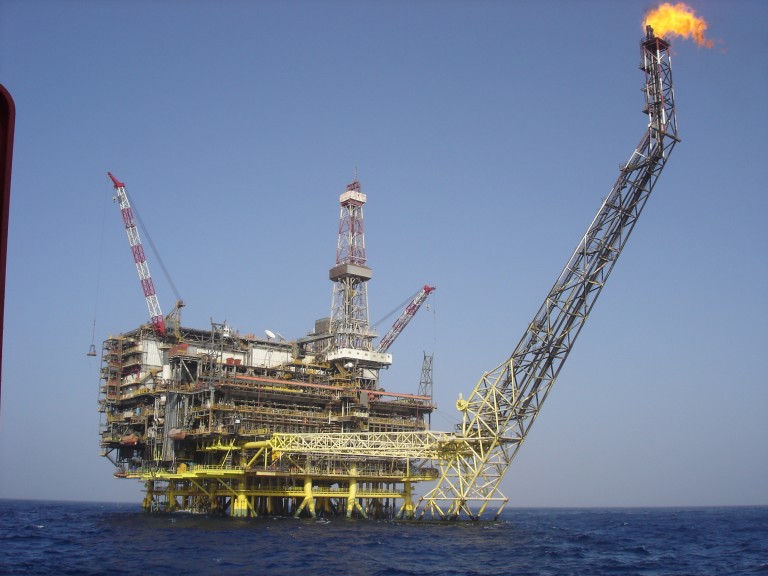
Oil succumbed to bearish outlook today. However, it managed to retain its 2016 highs of $40 per barrel. Oil prices witnessed a massive jump of more than 5% yesterday as Ecuador disclosed that it will discuss oil prices after OPEC (Organisation of Petroleum Exporting Countries) is eyeing to keep higher anchor price for oil.
Optimistic developments fade away
Apart from this, the news made rounds that OPEC members are contemplating to set a new oil price equilibrium, which is likely to be around $50. However, the slew of positive developments appeared to be exhausted today after Kuwait refused to cooperate on the matter of output freeze. Separately, a report from Goldman Sachs has further added to woes as the research firm suggested that any rally in oil will only be short lived.
Resultantly, Brent Crude, the global benchmark, went down by 0.66% to $40.57. West Texas Intermediate too tumbled 0.95% to $37.54. PVM’s oil analyst confirmed that the oil prices are reacting to Kuwait and Goldman Sachs’ comments.
Kuwait and Goldman Sach
Kuwait’s oil minister, Anas al-Saleh, made it clear that any participation in output freeze by them is possible only if all oil producers including Iran work in tandem. Saleh went further to state that Kuwait will sell every single barrel produced if there is not official agreement signed between the OPEC members. Meanwhile, Goldman Sachs analysts have said that the recent bull run in oil prices is not supported by fundamentals and is less likely to continue.
The overall demand for oil is gaining strength as China’s crude imports grew 19.1% to 31.80 million tonnes in between January and February. The demand has come despite weak trade numbers, noted analysts. According to Virendra Chauhan of Energy Aspects, the surge in independent refinery demand and improved refining margins has accelerated the imports.
However, such rise cannot be looked in isolation but must be compared to other key data such as vehicle sales in China, which declined 3.7% year-on-year in February. It is to be noted that vehicle sales are an important barometer for gasoline demand in China.




